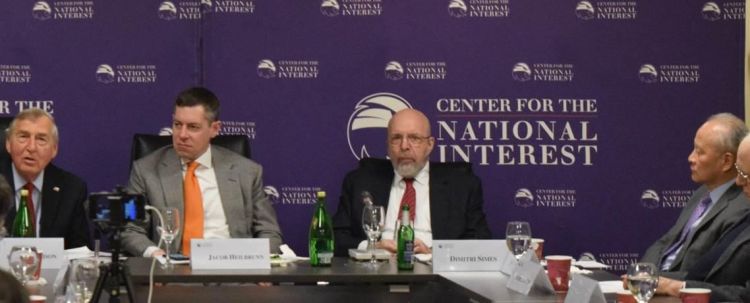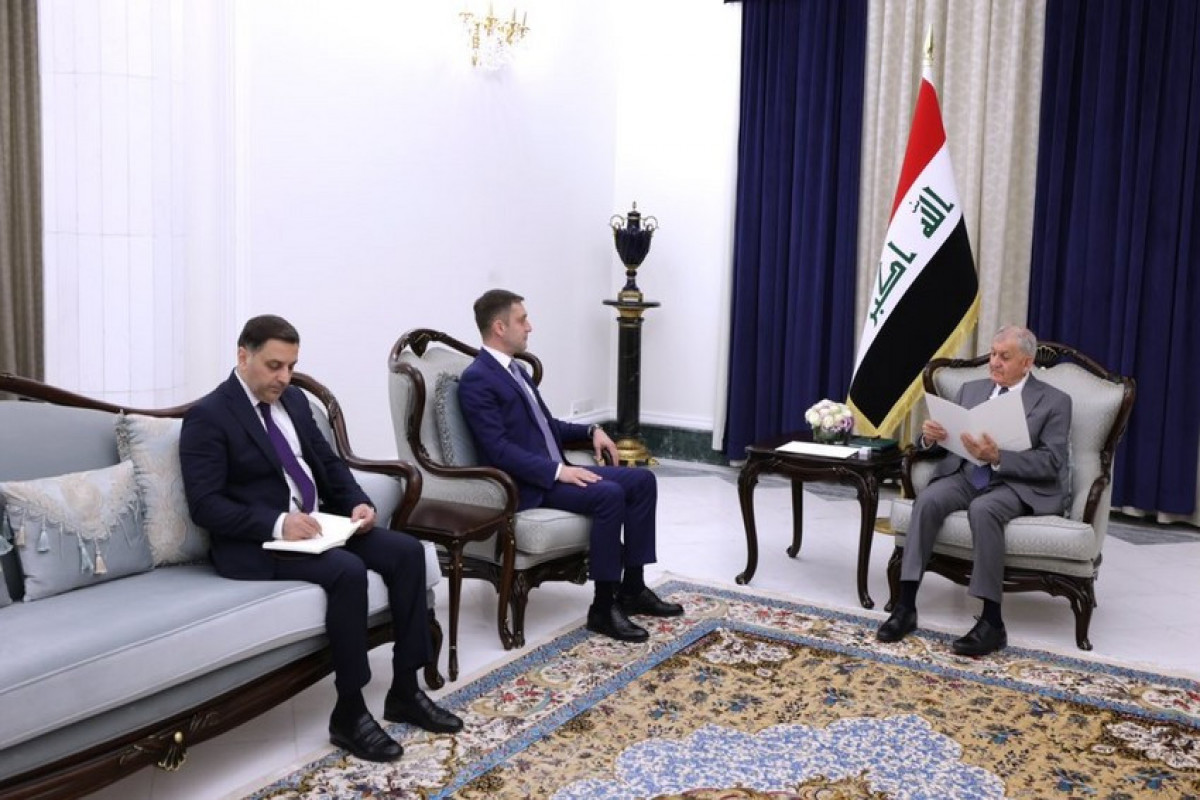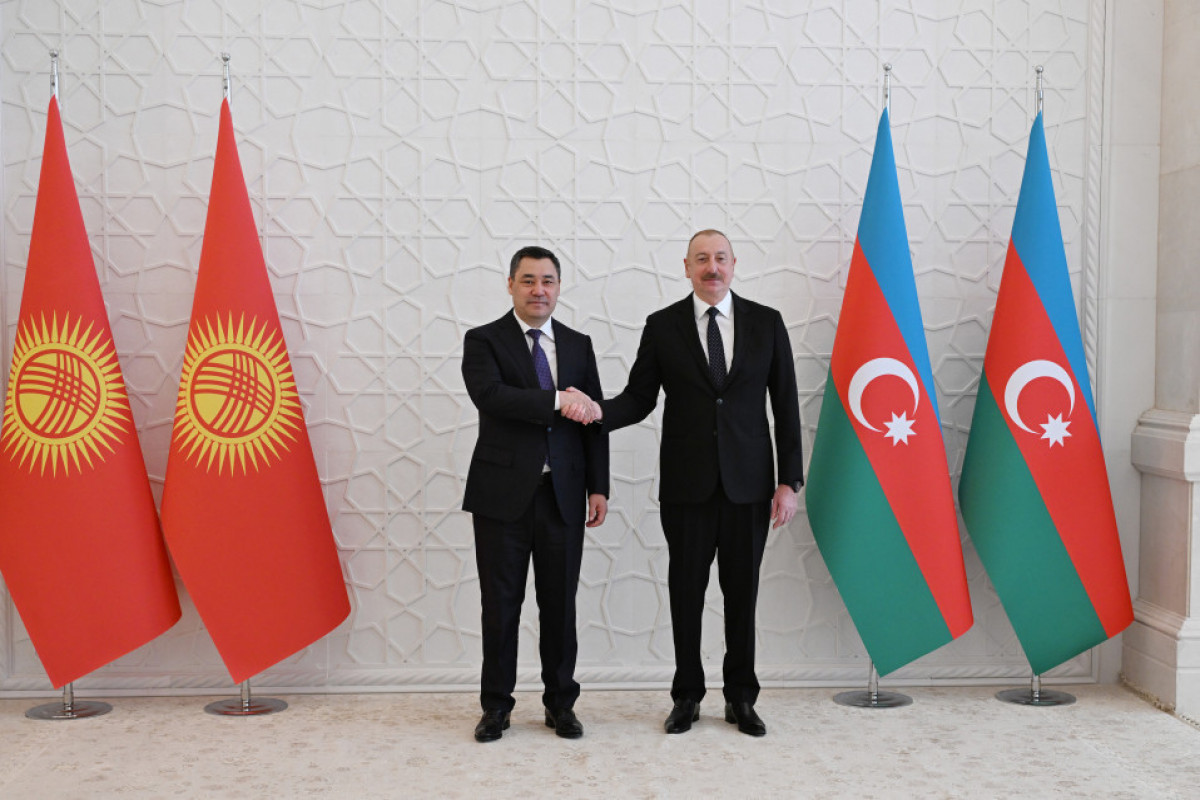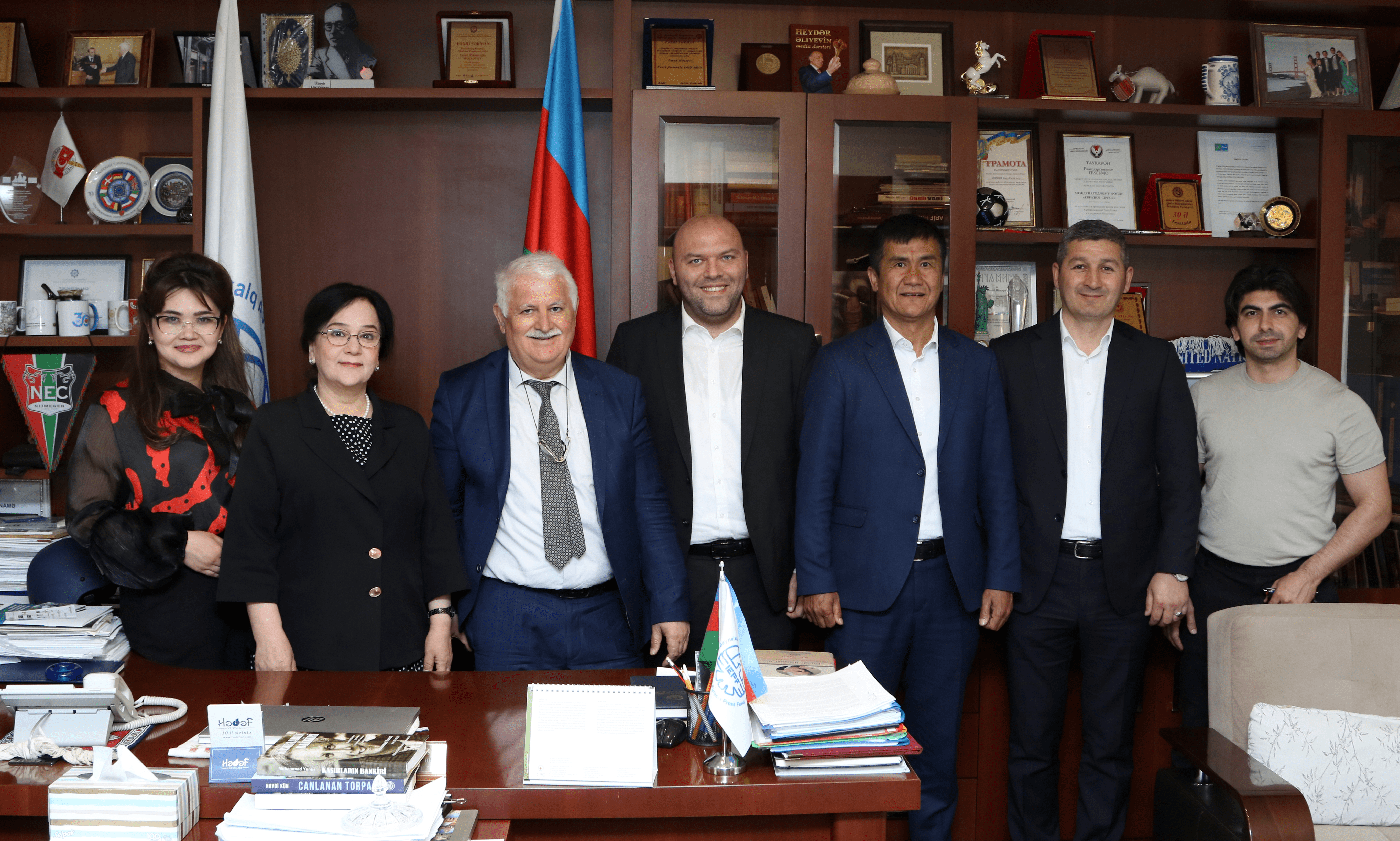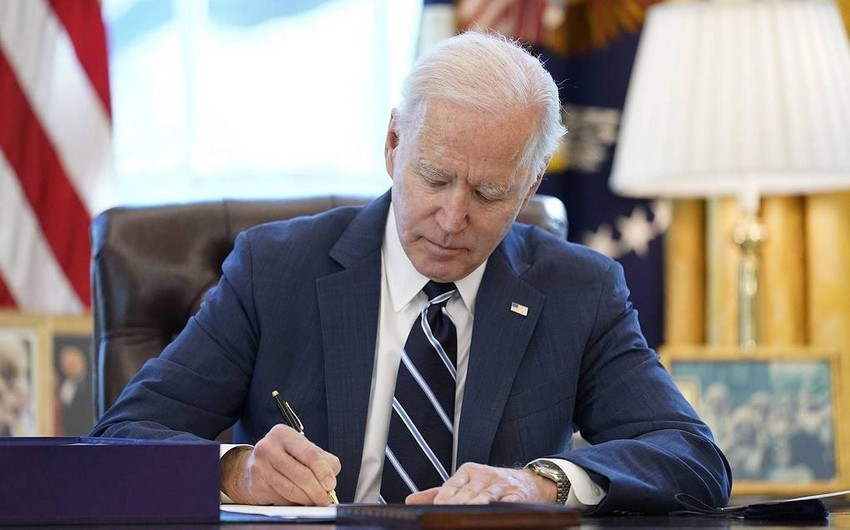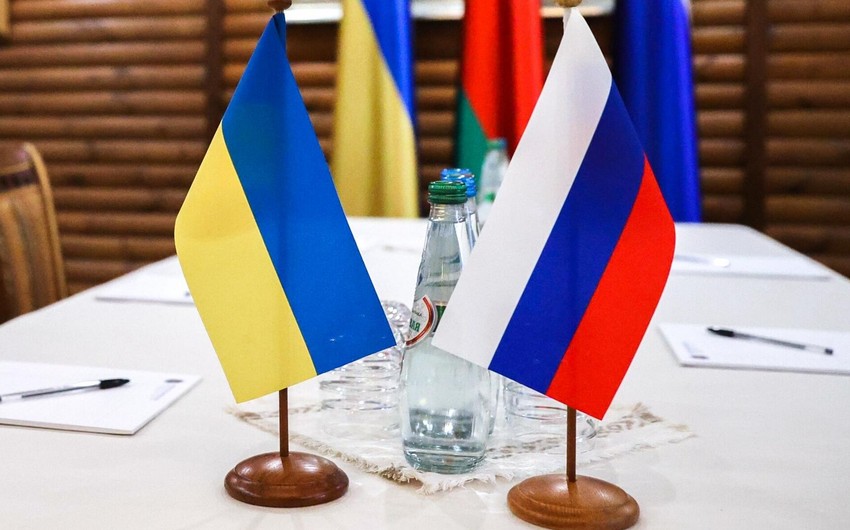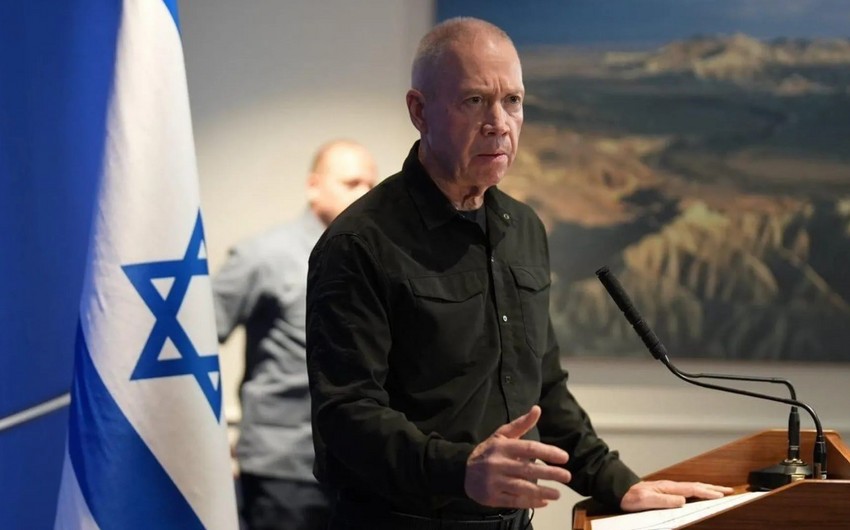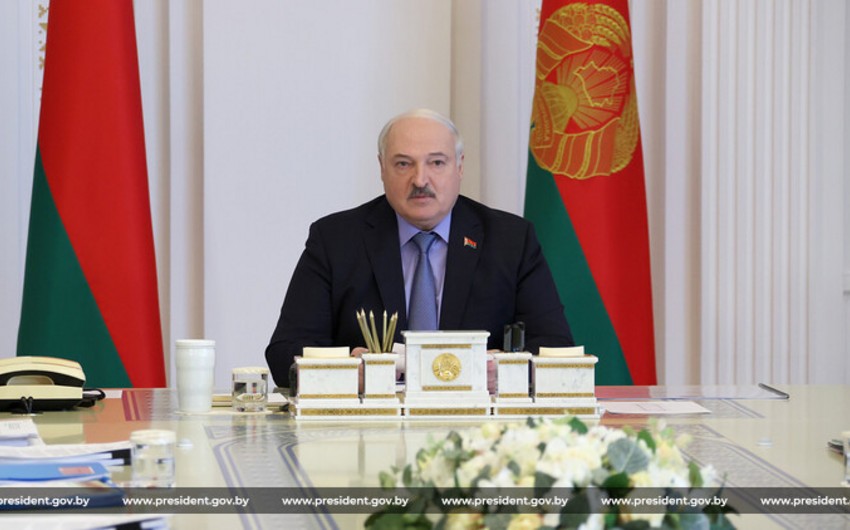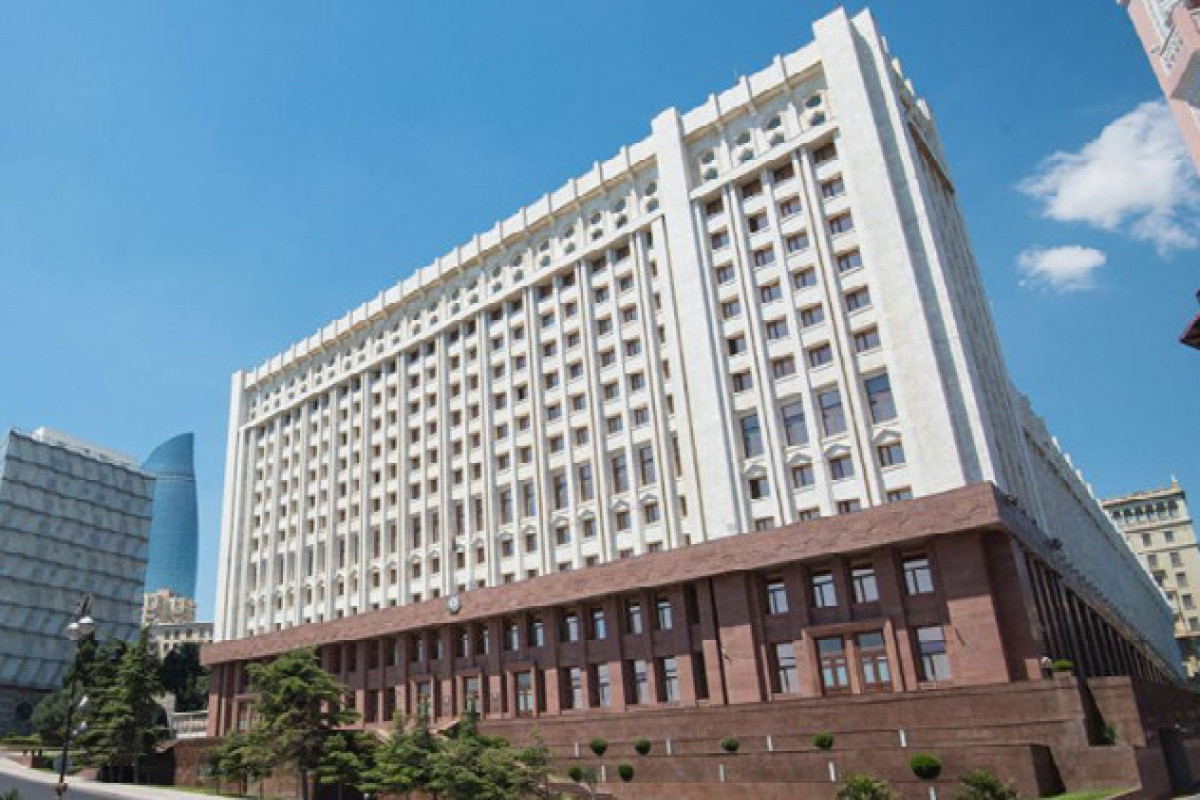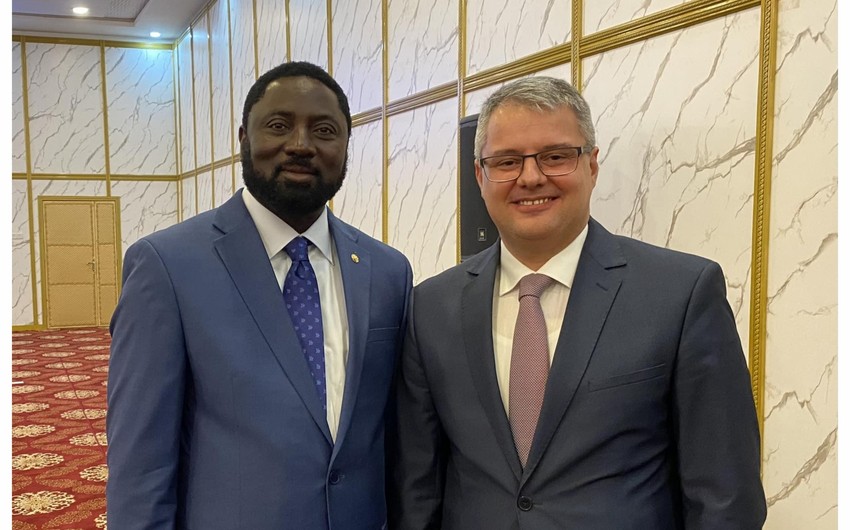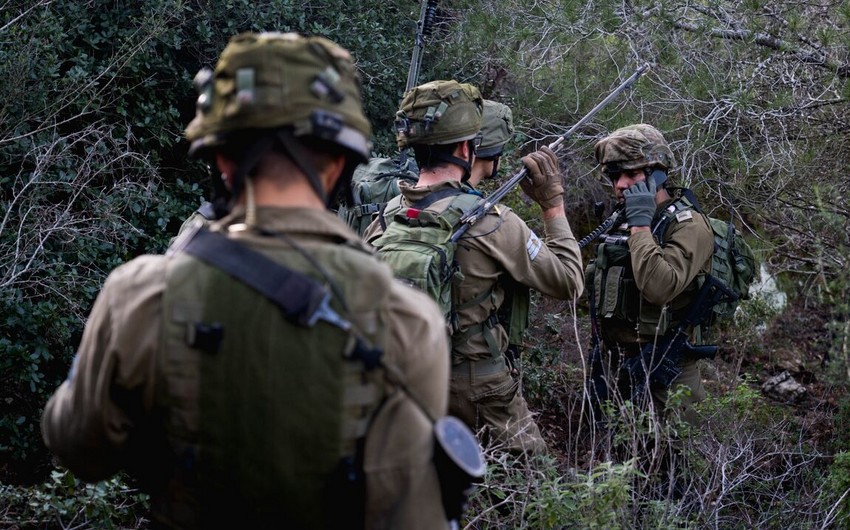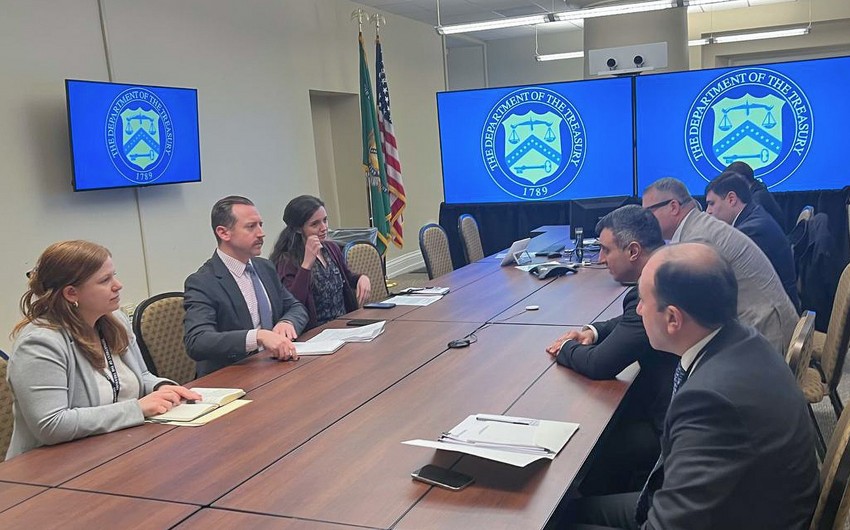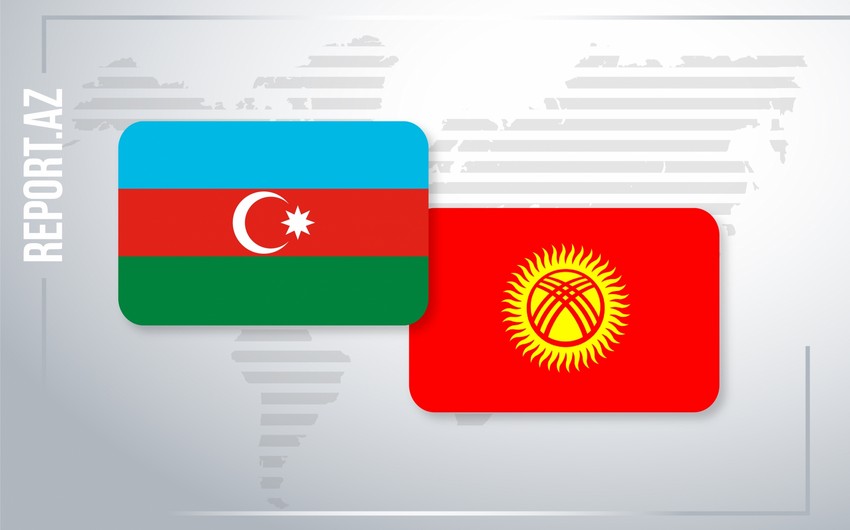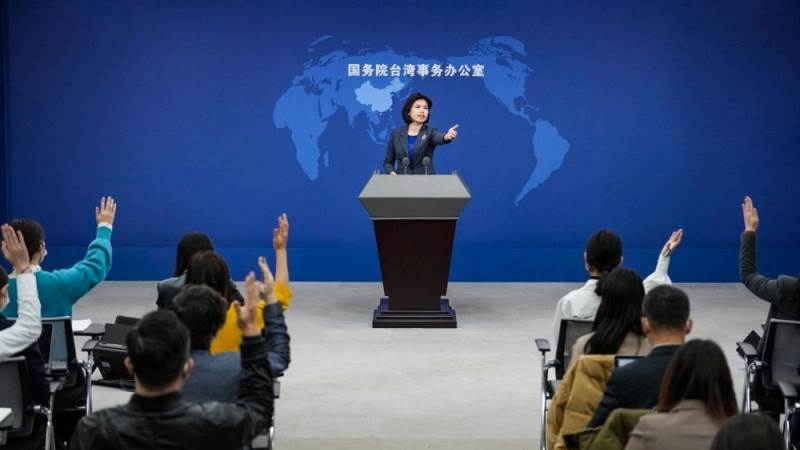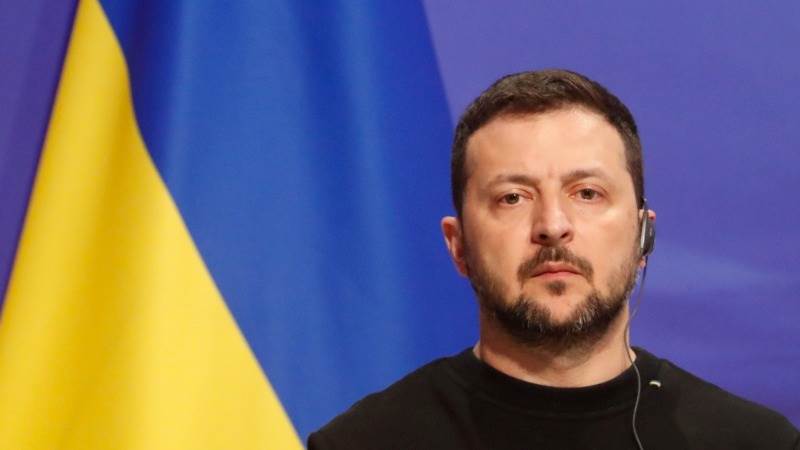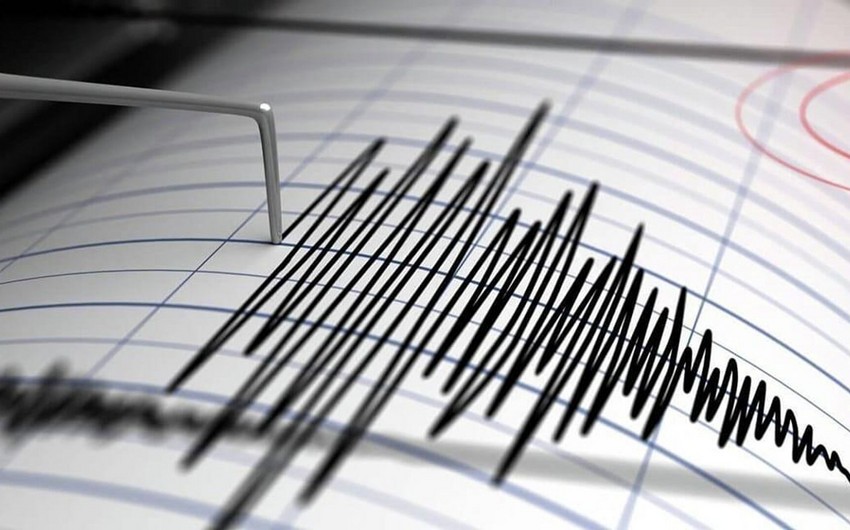Growing cooperation between China and Russia poses a major strategic challenge to the United States, which if left unchecked could have profoundly negative consequences, warned Graham Allison and Dimitri Simes at a recent discussion at the Center for the National Interest. Both experts cautioned that Washington is committing a grave miscalculation by failing to make strategic adjustments to forestall the increasingly close alignment of these two once bitter rivals. Allison, the Douglas Dillon Professor of Government at Harvard University, and Simes, President and CEO of the Center for the National Interest, discussed their recent cover stories for the current edition of the National Interest magazine, China and Russia: “ New Best Friends? “ Jacob Heilbrunn, the magazine’s editor, moderated. Prominent attendees included leading scholars on Russia and China, foreign diplomats including the ambassador of China, and administration officials.
As Russia and China have become increasingly aligned in recent years, the United States has lost the once advantageous position it occupied during the second half of the Cold War of enjoying better relations with Moscow and Beijing, respectively, than they had with one another. Allison recalled that shortly before his death in 2017, Zbigniew Brezinski, who worked closely with China to counter the Soviet Union during his tenure as President Jimmy Carter’s national security advisor, said that “analyzing threats to American interest, the most dangerous scenario would be a grand coalition of China and Russia, united not by ideology, but by complementary grievances.” Allison said that the purpose of his article is to answer the question: “Are we realizing Brezinski’s nightmare?” He warned that the United States is much closer to facing “a grand coalition of Russia and China” than he had expected when he began his research on this issue.
Unable to find a framework or scorecard to analyze the strength of the Russia-China alliance, Allison developed his own, which tracks seven dimensions: “threat perceptions, relationships between leaders, official designation of the other, military and intelligence cooperation, economic entanglements, diplomatic coordination, and elites’ orientation.” Regarding the first element, Allison noted that “when Chinese and Russian leaders think about current threats, the specter they see is the U.S., and they imagine an American government that’s seeking to undermine their regimes, or even to overthrow them.” He contrasted hardline U.S. rhetoric towards Beijing and Moscow, Barack Obama’s slights of Vladimir Putin and Donald Trump’s bellicose assertion that “China is raping America,” with the comradely language Presidents Putin and Xi employ towards one another.
Simes observed that Russian officials and experts strive to portray the Russia-China partnership as an alliance in all but name. However, he said that despite growing cooperation, the relationship still does not rise to the level of a de facto alliance, and an official alliance between the two powers is improbable. Beijing eschews such official commitments and would be concerned that a formal alliance with Moscow would negatively impact its fragile, but salient economic relationship with the United States. For example, although China has been “very positive about deepening economic cooperation with Russia in general,” Beijing has rebuffed Moscow’s entreaties to take specific measures that would bolster the Russian economy against Western pressure, such as conducting financial transactions in local currency (so as to avoid the U.S. dollar). Chinese banks have also been largely unwilling to provide credit to Russian entities under U.S. sanctions for fear of the consequences for their dollar-denominated transactions and dealings with U.S. firms.
The importance that Beijing attaches to its relationship with the United States and its resulting reticence to tilt too far towards Moscow was perhaps most clearly driven home by a remark from China’s Ambassador to the United States, Cui Tiankai, during the question and answer session of the discussion. Commenting on the cover of the current edition of the National Interest , which features a photo of a smiling Xi and Putin and shaking hands, Cui remarked that it would be nice to see Donald Trump’s smiling face alongside those of the Chinese and Russian leaders. This underscores that China is more interested in working with Russia and other partners to accelerate the emergence of a multipolar, post-American world than in becoming enmeshed in a permanent bipolar struggle on the side of Russia versus the United States.
Despite circumscribed economic cooperation and the lack of a formal alliance, Simes observed that the relationship still holds real strategic utility for Russia: “the very sense in Moscow that they may have a Chinese option provides them with a kind of encouragement to be tougher, to be bolder, and to be more optimistic about their ability to survive without a meaningful cooperation with the United States.” Simes noted a number of key developments that contribute to this sense of Russian resolve vis-à-vis the United States. First, Russia no longer sees China as a military threat (which was the case as recently as the late 1990s), territorial disputes have been resolved, and the mass Chinese migration to the Russian Far East that was predicted in the aftermath of the Soviet Union’s collapse never materialized. Military-to-military cooperation has deepened with a growing array of joint exercises and training. Russia has also undergone an attitudinal shift on arms sales, noted Simes. Russian arms manufacturers no longer refrain from selling their most advanced military hardware to China, which they did out of fear of Chinese reverse-engineering in the late 1990s and early 2000s.
American analysts have long expressed skepticism that China and Russia can develop deeper cooperation due to competing long-term interests, historical rivalry, and a lack of shared values. Nevertheless, Simes posited that when it comes to geopolitics, immediate mutual interests and threat perceptions trump shared values. He cited several historical examples, including the close cooperation between autocratic Imperial Russia and democratic France and Great Britain, as cases of strategic alignment between partners with divergent values that altered the course of history: “What values did France share with Russia in the beginning of the last century? France was a real democracy and Russia was a fairly despotic, even non-constitutional monarchy. If you look at the tactical differences it’s very difficult to find two nations, which would be as much at odd as Russia and England at that time, and you know that they worked closely together against Germany and again you know what has followed.”
A recurring question from the audience was: why has the United States either ignored or downplayed increasing China-Russia cooperation, and even taken actions that have driven the two powers together? “I think there’s a very simple reason why we aren’t doing it, it’s not a pleasant topic… if you start discussing it [Sino-Russian alignment], you will have to think about unintended consequences. You have to think about how to avoid these consequences” said Simes. He noted the United States might have to exercise greater foreign policy restraint in its dealings with Russia and China, where it otherwise might want to take action.
For Allison, as well, how the United States ought to respond to the growing congruence between its two nearest major power rivals is the “hardest question.” He asserted that the United States needs “a more realistic recognition of cause and effect. Washington likes to talk about its strategic purposes,” but global politics are “about consequences, not about intent.” Regardless of how sincere the United States is in its aims, which Allison said are to condition China and Russia to accept roles as subordinate stakeholders in a U.S.-led international order, the current mindset in Washington runs counter to the basic “laws of international relations, which follow the rules not of ‘ought’ or right, but of ‘is’, of interests and power.” Washington develops strategy by identifying objectives, but fails to “align mobilize-able means to achieve an end.” To remedy this, Allison recommended the United States recalibrate its strategic objectives towards both China and Russia.
Under both the Obama and Trump administrations, the United States has had “unreasonable, unrealistic objectives” towards both Russia and China, said Allison. Per Allison, the U.S. objective “is to break Russia. Putin should recant, and he should return to the script that we gave him after the end of the Cold War, in which Russia would become a democracy, and take its place in Europe as we prescribed.” Until this is done, the United States will continue to put enormous pressure on Russia through sanctions and other measures.
Regarding China, which the Trump administration has also designated as a strategic adversary, the only choice Washington has on offer for Beijing is, according to Allison, to “accept our prescriptions for it to become more like us and take its place in the American-led international order, which we designated for it.” However, such an objective is utterly unachievable because as Allison said, paraphrasing the late Singaporean statesmen Lee Kuan Yew, “China will insist on being accepted as China, not as an honorary member of the West.” Allison concluded by making the case that rather than pursuing the unrealistic objective of changing China, U.S. strategy should “seek to create a coalition of forces that would be at least a counterbalance to aspirations of China that we judge unreasonable. Russia should, in principle, be part of that coalition.” (Although, it is important to note that both Allison and Simes perceive any U.S. opening to Russia as an exceedingly remote possibility at present.)
At the beginning of the discussion, Jacob Heilbrunn remarked that “Today, Donald Trump was described in a leading newspaper as ‘an infantile narcissist with an unstable mind and a detonator of chaos.’ No this was not the Washington Post or the New York Times , but a leading Moscow newspaper.” The relationship with Russia is at a post-Cold War nadir.
Due to candidate Donald Trump’s unorthodox foreign policy rhetoric on the campaign trail, there was speculation that he might re-orient U.S. foreign policy in a more realist direction, prioritizing relations with America’s two biggest major power competitors: China and Russia. Yet, two years into the Trump administration, relations with both countries have deteriorated considerably. There is widespread discussion in Washington of a “new cold war,” which many American pundits characterize as a struggle between democracy and authoritarianism.
How did a president that many saw as willing to take a more realist foreign policy approach, a key element of which would have been seeking to restore some equilibrium in the U.S.-China- Russia strategic triangle, end up presiding over simultaneous, ideologically charged confrontations with Moscow and Beijing? According to Simes, although Trump displayed some “realist impulses” as a candidate, as president, he is not interested in “systematic strategic thinking” and like his immediate predecessors, eschews serious strategic analysis. Regrettably, the costs of America’s inability to think strategically have been all too predictable, the foremost of which is an increasingly close alignment between Russia and China.
John S. Van Oudenaren is assistant director at the Center for the National Interest.

